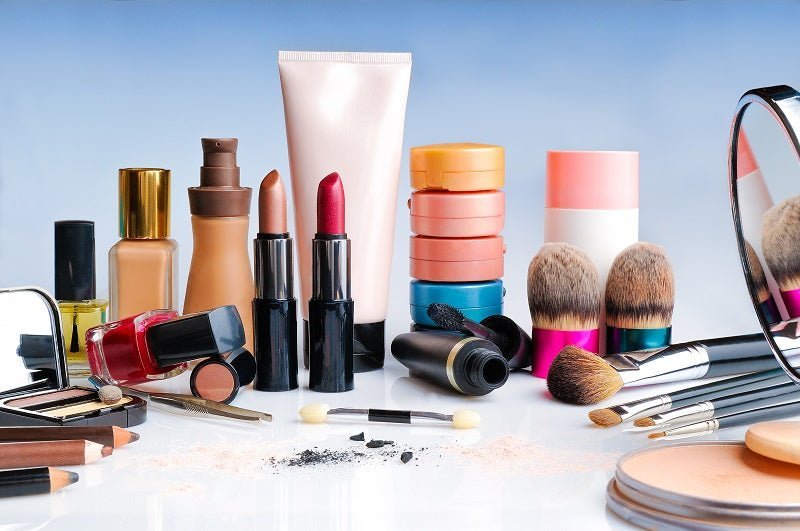common ingredients in skincare and haircare products that have been associated with potential health risks. Keep in mind that the safety of these ingredients may depend on their concentration and how they are used in specific products. It's essential to consult with a healthcare professional or dermatologist for personalized advice and to stay updated on the latest research. Here are five ingredients that have raised concerns:
-
Parabens: Parabens are preservatives commonly used in cosmetics to prevent the growth of bacteria and mold. Some studies have suggested a possible link between parabens and hormone disruption, which could potentially increase the risk of certain cancers.
-
Phthalates: Phthalates are often used to improve the texture and fragrance of skincare and haircare products. Some research has associated exposure to phthalates with hormone disruption, reproductive issues, and a potential increased risk of cancer.
-
Formaldehyde-releasing agents: These are preservatives found in some cosmetics and hair products. Formaldehyde is a known carcinogen, and its release from these agents over time can raise concerns about long-term exposure.
-
Coal Tar: Coal tar is used in some dandruff shampoos and hair dyes. It contains polycyclic aromatic hydrocarbons (PAHs), some of which are classified as potential human carcinogens.
-
Sodium Lauryl Sulfate (SLS) and Sodium Laureth Sulfate (SLES): These are surfactants found in many personal care products, including shampoos and cleansers. While they are not considered carcinogens themselves, they can potentially irritate the skin and may lead to the formation of nitrosamines, which are compounds that have been linked to cancer.
It's important to note that regulatory agencies such as the U.S. Food and Drug Administration (FDA) and the European Commission's Scientific Committee on Consumer Safety (SCCS) evaluate the safety of cosmetic ingredients. They establish maximum allowable concentrations for certain ingredients and continually assess their safety.
To make informed choices about skincare and haircare products, consider:
- Reading ingredient labels and avoiding products with known or suspected harmful ingredients.
- Choosing products that are labeled as "paraben-free," "phthalate-free," or "sulfate-free."
- Conducting patch tests to check for personal sensitivities or allergies.
- Consulting with a dermatologist or healthcare professional for personalized recommendations.
- Staying informed about the latest research and regulatory updates related to cosmetic ingredients.





